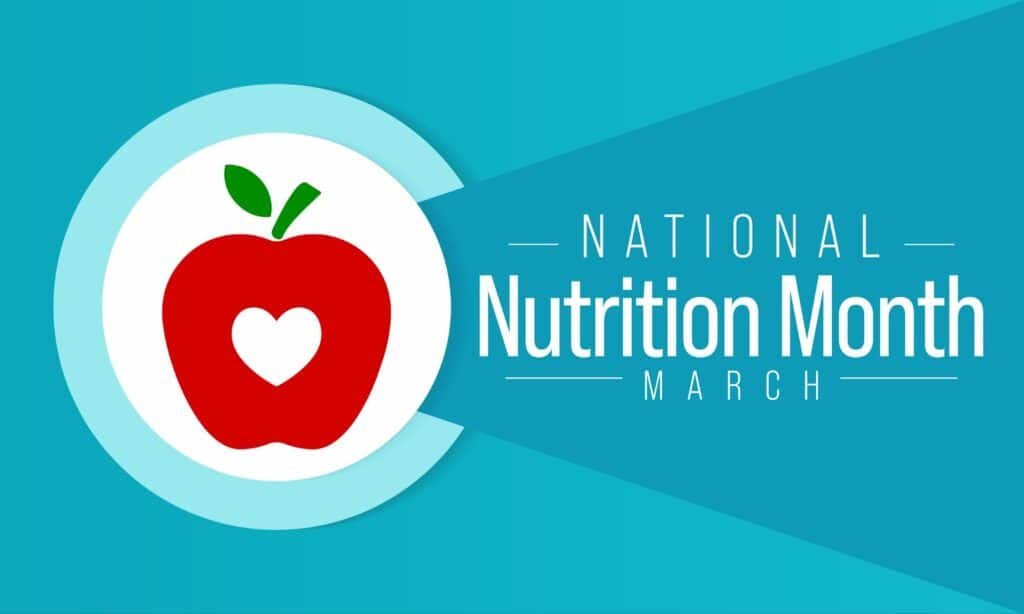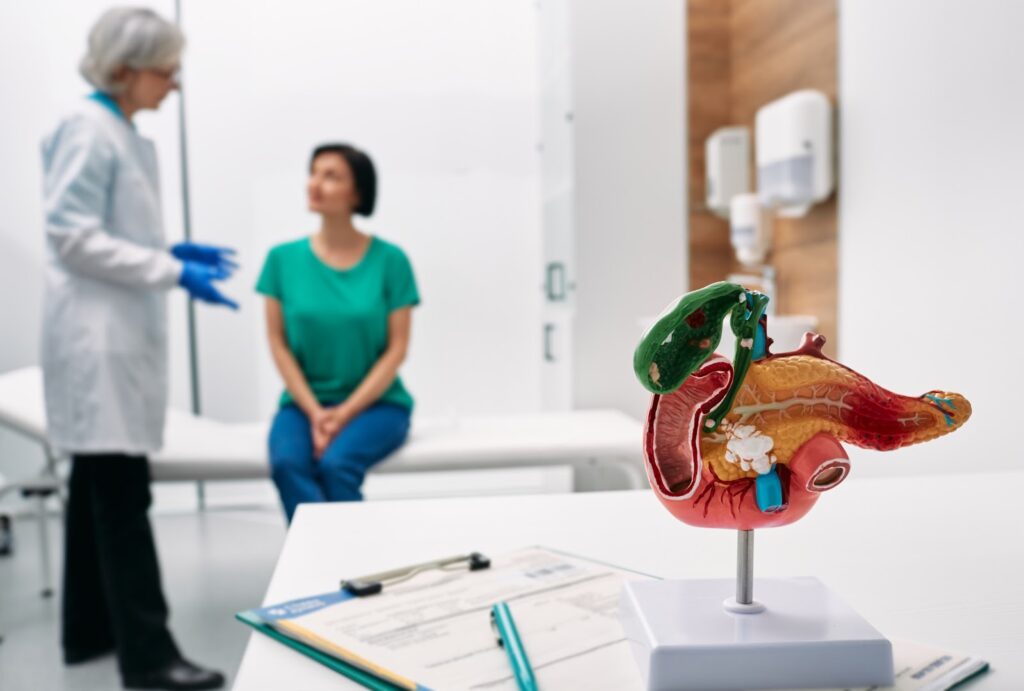September is National Food Safety Awareness Month
It seems universal. On a regular basis, we hear about or experience ourselves what we often call stomach flu or a stomach virus.

Food contamination is commonly caused by viruses, bacteria or parasites in contaminated food. Food contamination is also the source of other illnesses and diseases, including Novovirus and Hepatitis A. Food poisoning is a particular problem and can be life-threatening for young children, pregnant women and their fetuses, older adults and those with weakened immune systems.
That’s why at Digestive Healthcare Center we observe National Food Safety Month (NFSM) in September. Now in its 23rd year and spearheaded by ServSafe, this awareness month was created to bring attention to food safety education for the restaurant and foodservice industry. But the importance and lessons of food safety also apply to every person’s kitchen and daily life.
Here are some tips to avoid food contamination to keep you and others safe and healthy.
Handwashing
The Centers for Disease Control and Prevention (CDC) calls washing hands a “do-it-yourself” vaccine. Hand washing is one of the most important measures we can take to avoid spreading germs and getting sick.
Germs from unwashed hands can spread to food or drinks, and even multiply under certain conditions in some types of foods or drinks, both of which can make people sick. Washing hands should be done before, during and after food preparation, before eating, after using the bathroom and after handling pets. When there is no access to soap and water, the use of hand sanitizer can serve as an alternative to hand washing.
Proper handwashing involves five simple steps:
- Wet hands with warm (or cold) running water.
- Lather hands with some form of soap.
- Scrub hands vigorously, for at least 20 seconds (Singing the ABCs or Happy Birthday is a good measure of time).
- Rinse hands well.
- Dry hands with a paper towel or hand dryer. If possible, avoid using your hands to turn off faucets or touch door handle. Use a paper towel or your sleeve.
Preventing Cross-Contamination
Cross-contamination leads to the spread of harmful bacteria, the culprit of illnesses. It occurs when raw food touches hands and or surfaces such as cutting boards or other equipment, and then cooked or other ready-to-eat food comes into contact with any of those contaminated places.
To avoid cross contamination, raw food should be kept separate from cooked or ready-to-eat food. So, avoid touching or placing any ready-to-eat food anywhere it may come into contact with raw poultry, meat, seafood or eggs.
Here are some steps to avoid cross contamination:
- Wash hands and clean and sanitize surfaces often.
- Use separate cutting boards and utensils for raw food, especially meat and seafood.
- Refrigerate raw food in well-sealed containers on the bottom shelf and away from anything ready-to-eat. This will prevent cross-contamination from leaking packages stored above or next to ready-to-eat foods.
Monitoring Temperatures
Letting food sit at room temperature is risky. The bacteria that cause foodborne illness can double every 20 minutes, according to the Food and Drug Administration (FDA). It’s best to chill food, and keep it chilled or frozen at the proper temperature, or to hold hot food at or above an internal temperature of 140 °F.
Whether it’s groceries, leftovers from cooked meals or marinating food, don’t leave food out to fester. Raw meat, poultry, seafood, eggs and similar products should not be unrefrigerated for more than two hours, and only one hour in hot summer temperature above 90 degrees. Be aware that you can put hot food away; it’s a myth that hot food harms the refrigerator temperatures. Keep in mind that hot food will chill faster in the refrigerator when the container is wide and shallow vs. tall and narrow.
To ensure that the refrigerator is safely storing your food, it’s important to keep its temperature at 40 °F or below; the freezer should be at 0 °F. In order to make sure these temperatures are adhered to, you can invest in an inexpensive appliance thermometer—one for the refrigerator and one for the freezer. And check them often.
Also, defrost food safely. You can use the refrigerator, cold water (changed every 30 minutes), the microwave or cook from frozen without thawing. Cook microwaved thawed food immediately.
The bottom line is: when in doubt, throw it out. If you are unsure about how a food has been stored or prepared, it’s best to discard it. Some bacteria or toxins cannot be destroyed by cooking. And even if a food looks and smells fine, that’s not an indication it is safe to consume.
Make an Appointment for Comprehensive Digestive Care in NJ
At Digestive Healthcare Center, we want each patient at our three offices in New Jersey to feel confident about their digestive health. We encourage you to contact us today to make an appointment with one of our expert gastroenterologists – don’t wait to start putting your digestive health first!
Recent Blogs
Learn more about all things digestive health and wellness by checking out our recent gastroenterology blogs.

Diverticular disease and diverticulitis are related digestive health conditions that affect the large intestine (colon). With diverticular disease, small, bulging pockets develop on the lining of the colon. When these pockets become inflamed or infected, the condition is called diverticulitis. They are very common – especially after age 40 – and rarely cause problems. At […]

Many Americans like to set New Year’s resolutions to make positive lifestyle changes such as improving their diet and going to the gym. However, March is also a great time for a healthy focus, especially as the long winter season comes to an end. National Nutrition Month, sponsored by the Academy of Nutrition and Dietetics, […]

Gallstones form when bile stored in the gallbladder hardens. Your gallbladder is a small, pear-shaped organ on the right side of your abdomen, just beneath your liver. It holds a digestive fluid called bile that’s released into your small intestine. Gallstones are pebble-like pieces of concentrated bile material, typically made up of cholesterol or bilirubin […]
























